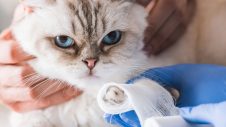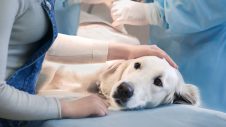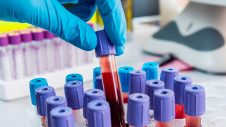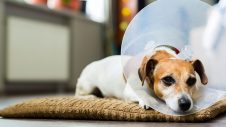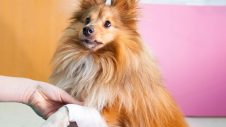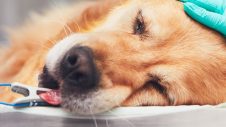Surgical procedures and your pet
Our practices are fit to perform a comprehensive range of pet surgeries using only the latest and best equipment. All surgical areas are completely sterile and all pet surgical procedures adhere to the highest industry standards. Your best friend is in safe hands.
Our veterinarians perform a vast range of surgical procedures like desexing, diagnostic surgery, caesareans, tumour and lump removals, wound stitches, intestinal obstructions, and more.
Maintaining the highest levels of cleanliness is as important to pets as is it to people when it comes to surgical procedures. That’s why the Greencross surgical team are fully gowned the whole time. Instruments are sterilised in an autoclave and we have a dedicated surgical theatre, like a hospital. The pet surgery bed is heated for the comfort and wellness of our patients who are continually monitored. A fully trained veterinary nurse assists the veterinarian throughout the procedure and monitors the patients right through to the recovery period.
What to do the day before your pet is having surgery
It’s important that patients fast before any anaesthetic or sedation. The night before the scheduled surgery, ensure your pet consumes their dinner before 8:00pm. After that time, do not feed them any other food. Water may be left down overnight, but needs to be taken away early the following morning.
It’s a good idea to lock cats indoors the night before surgery so they don’t wander (or potentially catch a midnight snack).
On the day of surgery
No breakfast for your pet on the day of surgery. This is very important as it is not safe for your pet to have an anaesthetic if they have eaten. Remember to remove their water bowl first thing in the morning. Make sure you arrive at your appointment on time so our clinical nurse can assist you to complete the pre-operative administration. Being on time ensures our team can provide you and your pet our undivided attention.
For the comfort of your pet please ensure they have been toileted before admission.
Our standards of care for surgical procedures
Blood tests
Surgery and anaesthesia are very safe in the majority of cases. Because every pet is different, each patient will receive a blood test to assess kidney function and red blood cell concentration prior to administering an anaesthetic. This blood test is only a “snapshot”. In some cases, the duty veterinarian will express the need for a more thorough blood test if the patient is senior (over seven years old) or has pre-existing conditions.
A more detailed blood test will help us select the best anaesthetic with minimal risk levels. Where necessary, supportive therapy will be initiated to aid your pet’s recovery. A blood test also provides baseline health information for your pet which will become a part of their medical record for future reference.
This pre-anaesthetic test is extremely beneficial regardless of age, but vital for senior pets over seven years old. The duty veterinarian or inpatient nurse will advise on this matter prior to surgical commencement.
Please ask your inpatient nurse about the cost involved. This test is not compulsory, but highly valuable. The inpatient nurse will record your preference on the consent form at the time of admission.
Fluids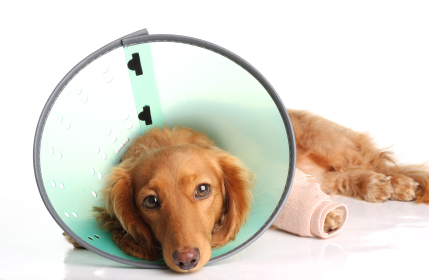
To prevent dehydration and assist the anaesthetic drugs being flushed through the system, patients will receive fluids as required throughout a surgical procedure. In some cases, fluids should be extended*, especially for elderly or debilitated pets, or those with renal (kidney) conditions. All lengthy surgical procedures will require fluids. The duty veterinarian or inpatient nurse will advise on this matter prior to surgical commencement.
*Extended fluids mean they’re given intravenous fluids from admission through until discharge. So in some cases, these patients may benefit from several additional hours of hydration.
Pain relief
Greencross Vets believe that post-operative pain prevents healing in addition to the discomfort experienced by your pet. To assist in pain management, our veterinarians will provide your pet with take-home pain relief to help keep them comfortable during the healing process.

 Greencross Vets
Greencross Vets 

